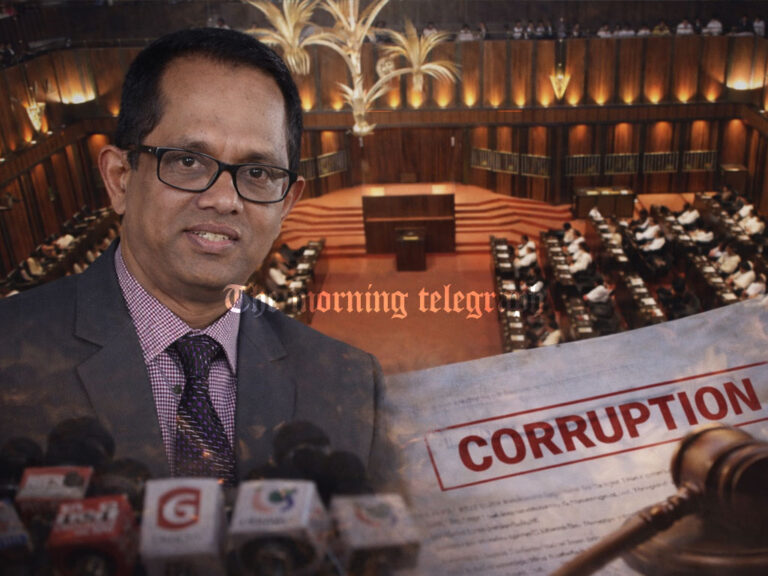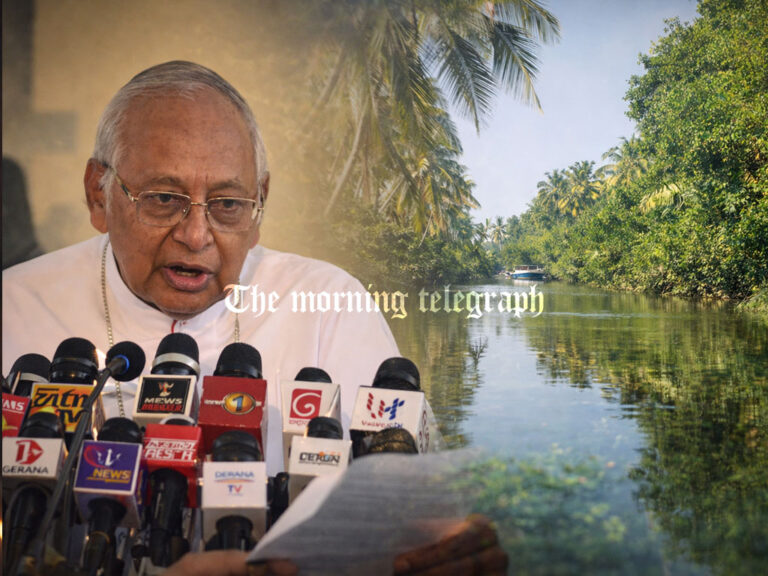
In a declaration that has reignited concerns over fairness in public funding and political bias, President Anura Kumara Dissanayake has once again stated that local government bodies under the National People’s Power (NPP) will receive unconditional financial support from the central government following the upcoming elections—while those aligned with other parties will face rigorous scrutiny.
Speaking at a campaign rally in Mannar, the President told supporters that NPP-controlled councils would be allocated funds “with a blind eye”, while non-NPP councils would require multiple layers of checks due to what he described as their “unclean history.”
The remarks have sparked controversy across political circles and among election observers, who view the statement as a potential violation of electoral neutrality and an abuse of executive authority during an active election cycle.
In response, Election Commission Chairman Ananda Ratnayake confirmed that the Commission has already received multiple complaints about the President’s comments and will convene on April 21 to formally deliberate on the matter.
“The statement has drawn concern, and we are taking it seriously,” Ratnayake said. “The Commission will assess whether this constitutes an infringement of election law or ethical campaigning standards.”
The controversy echoes a broader pattern of concern that has emerged in recent weeks, following the circulation of pamphlets and speeches by NPP candidates and government figures suggesting that government funding may be used as a tool to reward or punish councils based on political alignment.
Legal experts and election monitors have pointed to Sections 82 (c) and (d) of the Local Government Elections Ordinance, which prohibit bribery and undue influence in any form that could sway voter behavior. Critics argue that promising—or threatening—the allocation of government funds based on electoral results falls squarely into that category.
The President’s repeated assertion, now delivered in multiple districts, has only deepened public unease, with some observers noting that the Election Commission’s credibility may hang in the balance depending on how it addresses the issue.
For now, all eyes are on the Commission’s upcoming meeting—a test of its independence and willingness to check executive power in the run-up to one of Sri Lanka’s most consequential local government elections in years.
As one civic activist put it: “This isn’t just about one speech. It’s about whether public resources are being used to shape political outcomes. And if that’s allowed, what kind of democracy are we really running?”




